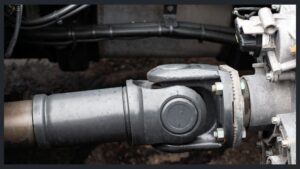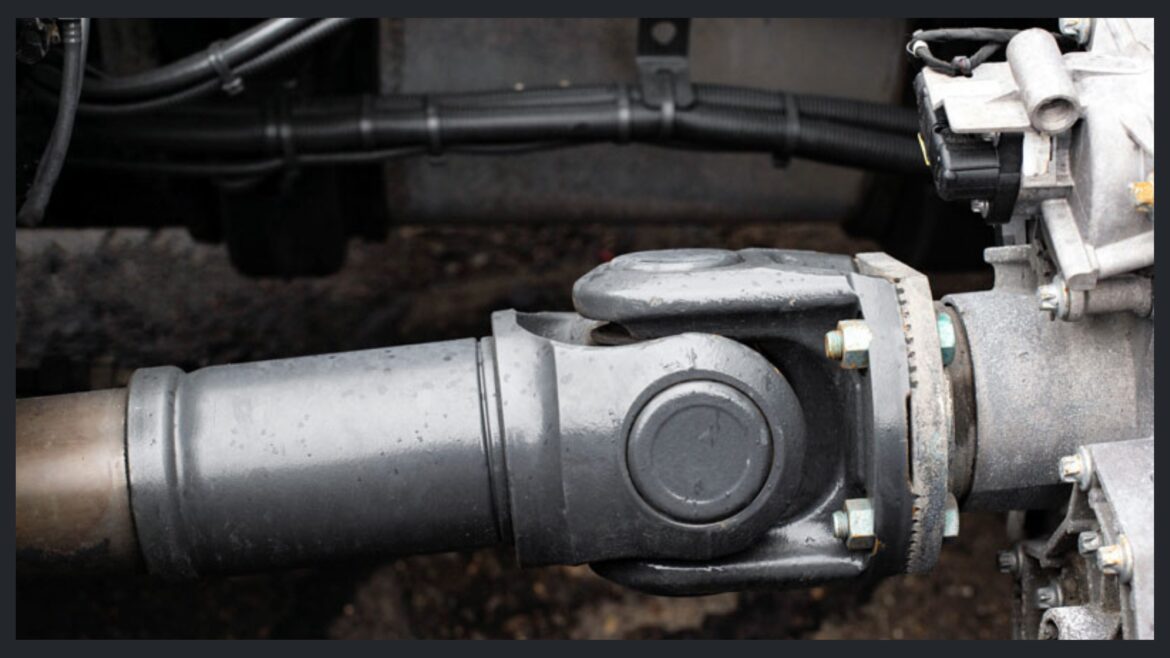
4 causes of driveshaft noise (when accelerating/turning)
All cars have at least one differential to move and turn the wheels. For example, in a front-wheel drive car, the differential is at the front and turns the two front wheels. In a four-wheel drive car, there are front and rear differentials.
When the engine turns, power is sent to the transmission, which turns the driveshaft. The driveshaft sends power to the differential, which turns the wheels.
- If you think about it, it’s basically like a big chain reaction.
- If any of these components are defective or damaged, it can affect the entire process of your vehicle moving or turning.
- If you experience certain strange noises, a defective driveshaft is often the culprit.
4 Most Common Reasons Why Your Driveshaft Is Noisy
If you hear strange noises coming from under your car when turning, braking, or reversing, you may have a problem with your driveshaft. The wheels may still be able to turn just fine, but these strange noises could be an early warning sign that something is wrong. Therefore, it should be addressed as soon as possible before it causes real problems that affect your driving ability. Here are 4 common causes of driveshaft noises when braking, turning, or reversing:
1) Bad Universal Joints
Underneath your vehicle are rigid bars with tilted axles that can only stay connected by components called universal joints. These are also called “universal joints” and are necessary for the driveshaft to rotate properly and move the differential.
But after driving your car for a while, the universal joints can wear excessively and eventually fail. In this case, you will hear strange noises such as rattling and grinding. The only solution is to replace the defective universal joint.
2) Loose drive shaft
A defective universal joint will not only cause noise, but it can also cause the drive shaft to become loose and shift under the vehicle. This will cause a noise that is even more noticeable than the previous one.
The strange noise will get louder every time you brake or turn the steering wheel. If you don’t fix this problem right away, eventually the drive shaft will fall off and drag on the pavement. At the same time, the differential and wheels are not receiving the rotational energy they need to spin and keep the vehicle moving.
3) Faulty Bearings
Drive shafts have rubber bearings that ensure their proper functioning. In fact, there are several areas of the drive shaft that would not be able to remain safe without these bearings.
4) Broken Pipe
The driveshaft has a tube that rotates on its center when the vehicle is moving. This pipe can break if you load your vehicle with more than its maximum capacity.
The first sign of this pipe failing is an unusual rattling noise or a strange sound you have never heard before. Your best bet is to lighten the load and have the vehicle inspected immediately.

